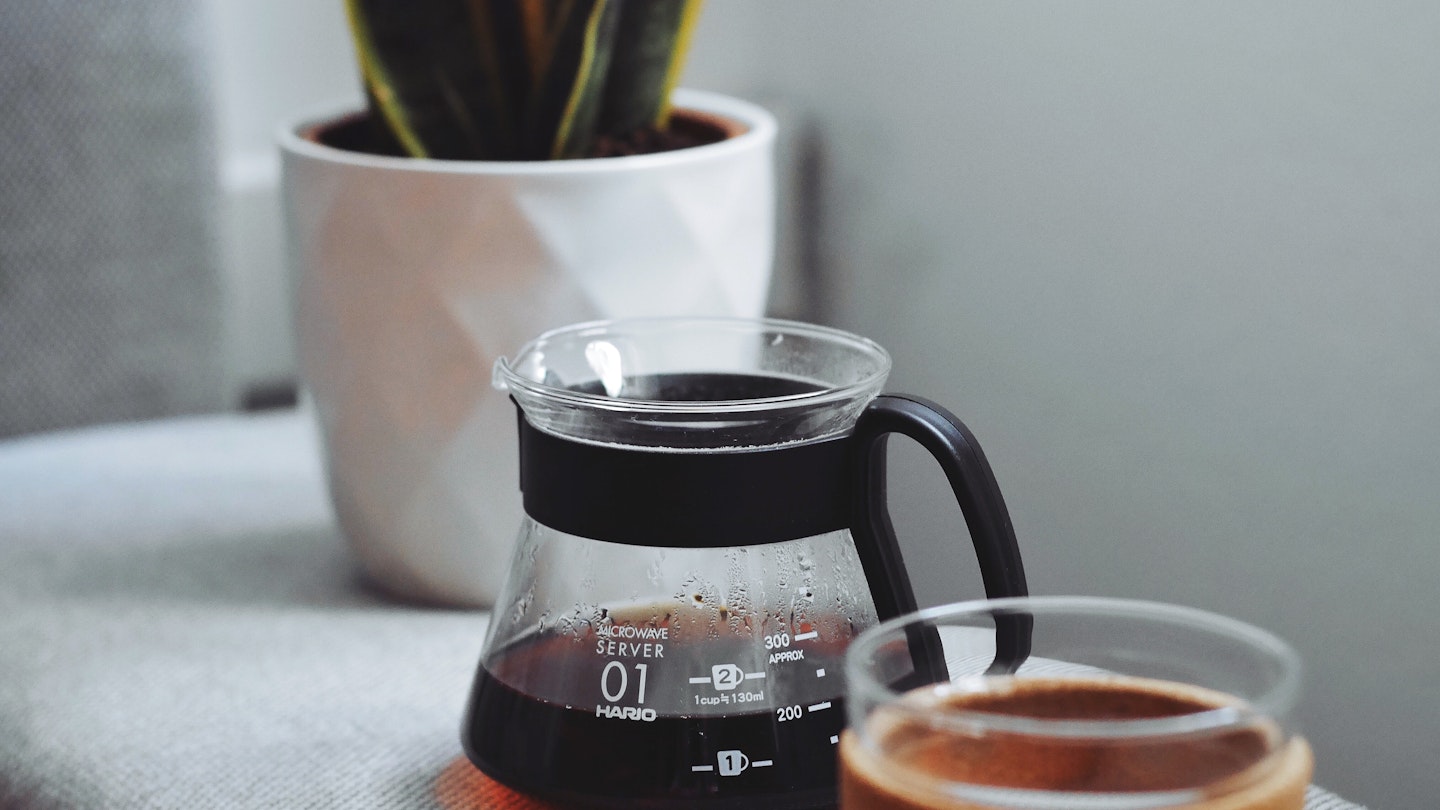In the September issue of British Vogue, Princess Eugenie shared details of her October nuptials to Jack Brooksbank. However, unlike your normal wedding chat, the focus wasn’t on dress designers, florists or caterers but the subject of sustainability.
Eugenie, an ambassador for Project 0- a charitable initiative committed to protecting the ocean from polluting single-use plastic - told the magazine she planned to make their wedding an eco-friendly one.
'My whole house is anti-plastic now and Jack and I want our wedding to be like that as well,' she said.
While this is certainly a stance worth applauding, we must not forget that Eugenie is in a unique (and extremely fortunate) position. Budget does not affect her wedding plans. The sky really is the limit. She can have as many £50 hand-blown Murano glass straws as she likes.
Of course, spreading awareness of this important issue is a good thing but the increase in celebrities proclaiming their environmental wokeness begs the question: has zero-waste become the ultimate humble brag?
It only takes a quick scroll through Instagram to see how designer water bottles, glass reusable coffee cups and aesthetically-pleasing tote bags have grown in popularity. Once associated with hemp-loving hippies, an eco-friendly lifestyle has become a stylish status symbol - 2018’s answer to the ‘it’ bag.
Hardly surprising when you consider our growing understanding of the ocean-damaging impact of single-use plastic (just call it the Attenborough effect). And we can all agree it’s not an issue to be taken lightly. Greenpeace research suggests an estimated 12.7 million tonnes of plastic ends up in the oceans each year. A shocking truck load of rubbish each minute.
However, much like anything else you could file under ‘aspirational’, money is a prerequisite. Going plastic-free involves an expensive and time-consuming lifestyle overhaul. One that isn’t necessarily accessible to all. At its simplest, the act of ‘choosing’ a certain lifestyle comes from a position of privilege.
Investing in a reusable coffee cup/bottle/tote bag doesn’t have to cost the earth (and can often save you money in the long term) but making bigger changes is when it gets more expensive (and complicated). From the food we eat to the clothes we wear and the products we buy, our whole lives our quite literally wrapped up in plastic.
Take food shopping for instance. The supermarkets use plastic as it’s the cheapest form of packaging, and alternatives housed in glass or cardboard cost the consumer more. To eliminate plastic entirely you’d need to buy fresh produce from a market or have a farm delivery, and your cupboard staples would have to come from a specialised zero-waste shop. Budget aside, shopping this way is inaccessible and inconvenient for the majority of the population. Plus, it's even harder if you’re a busy mum/carer/working multiple jobs/(insert one of a plethora of other reasons).
Instead, the onus should be on the businesses to make the big changes, so we're able to make the small ones more easily. While a number of retailers have made an effort - McDonalds, Pizza Express and Wagamama has banned plastic straws, and coffee shops like Pret, Caffe Nero and Starbucks offer discounts to customers who bring a reusable cup - it feels merely like a drop in the ocean (pardon the pun). Although a positive step, these are also savvy PR moves and essentially what environmentalists dub 'token activism'.
Until these big businesses make more fundamental changes to how they operate, the bulk of consumers will find that their hands are tied. In the meantime, for those who can reduce their plastic-usage, that’s great (every little really does help), but for those who aren't always able to, you shouldn't feel so guilty.
